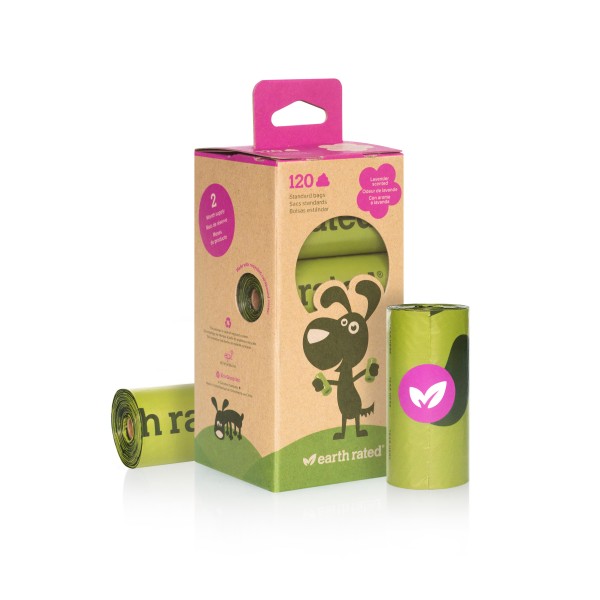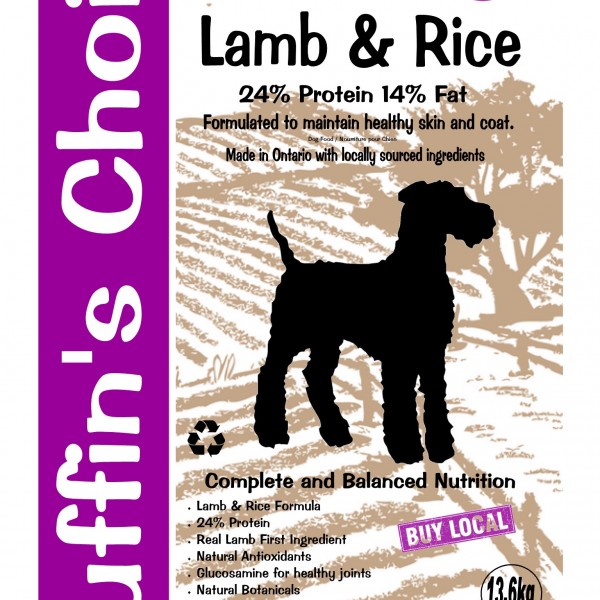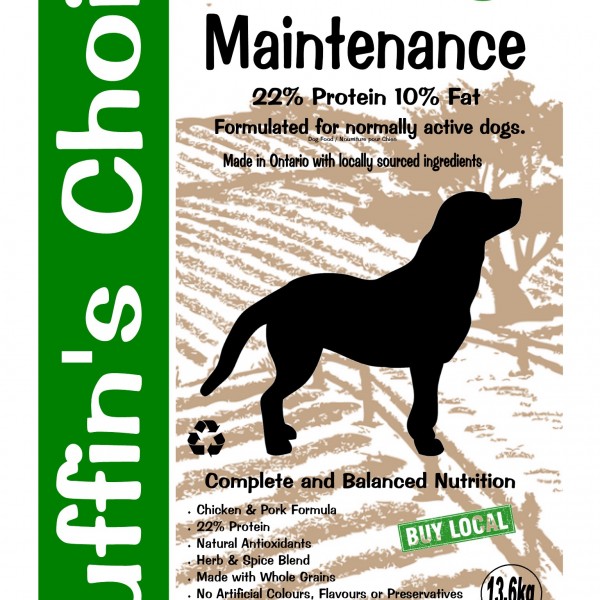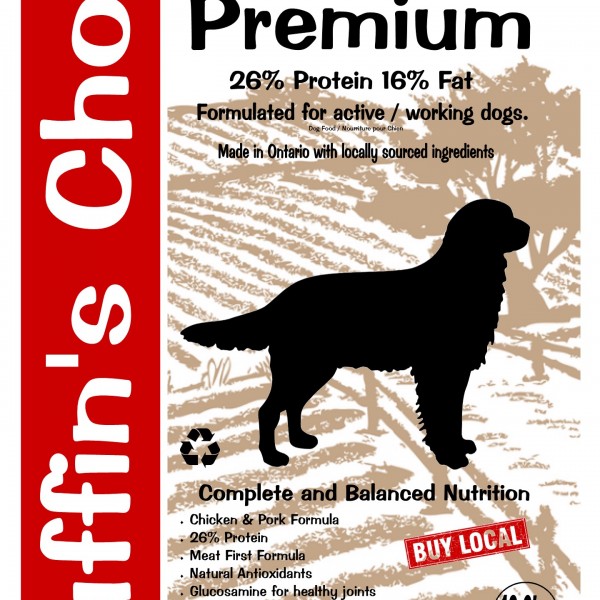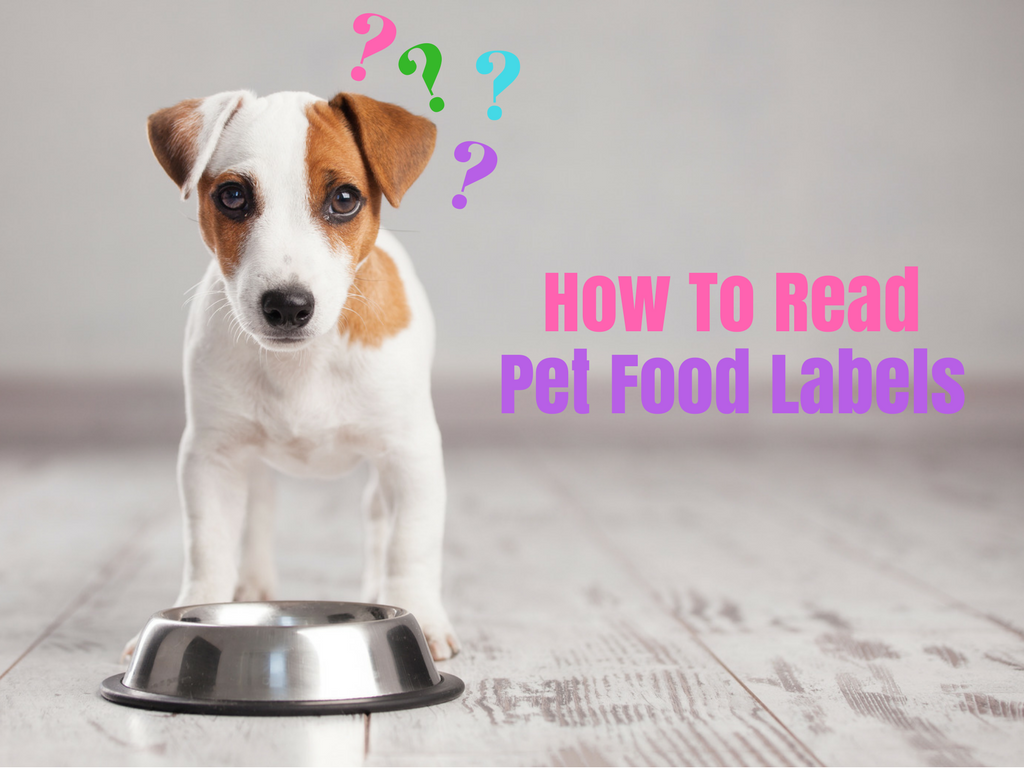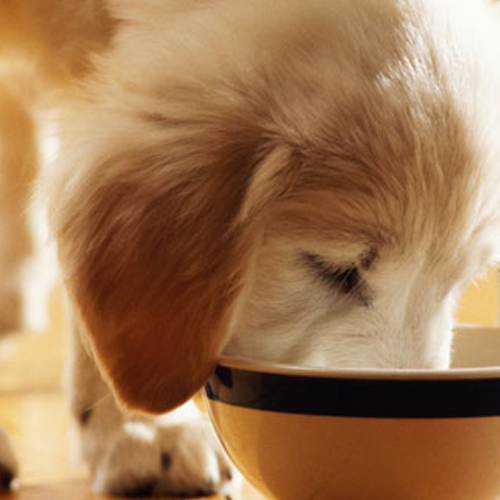
The three most common varieties are the smooth coated, the Abyssinian and the Peruvian. They are easy to handle and care for and take up very little space. They will sit quietly on your lap, enjoying any attention you are willing to give to them.
With just a minimal amount of attention, the new cavy owner and their pet can enjoy a long, loving relationship.
Guinea pigs should be kept in a warm, quiet place. You can use an aquarium, a wooden box or a wire cage. Cavies should not be kept directly on wire because their small feet can get caught and they could easily break a foot or leg. Your guinea pig should have enough room to roam about freely. A space about 12″X20″ is adequate. You should be sure to cover the bottom with bedding, in the form of hay, straw or wood chips, making sure that the bedding is always clean and dry. Pine chips are recommended. Keep your pet’s home out of drafts and direct sunlight. Do not keep guinea pigs outdoors. They cannot tolerate the cold. The ideal temperature ranges between 60 and 75 degrees (F).
It is important to keep your cavy’s cage clean and dry. Usually, a weekly cleaning is sufficient, depending upon the number of animals in the cage. Clean your guinea pig’s cage with soap and hot water or a solution of 20 parts water to one part chlorine bleach. The food dish and the water bottle must be cleaned as well. Use a bottle brush to clean the inside of the bottle and don’t forget to clean the tube.
Use a food dish that is heavy enough so the guinea pig does not tip it over. Guinea pigs are strict vegetarians, they never eat meat. The recommended food is guinea pig pellets, they are hard enough to grind, helping to control tooth growth. Guinea pig pellets contain various grains, minerals and vitamins, including Vitamin C. The guinea pig must have Vitamin C in the diet in order to prevent scurvy.

Fresh, leafy greens such as spinach, carrot tops and alfalfa are excellent for supplementing a cavy’s diet. Fresh picked grass, clover and dandelion leaves are good also. Make sure that the lawn has not been recently treated with insecticides or fertilized. A piece of carrot, apple, banana or any other fruit may also be given as a treat. Citrus fruits are an excellent source of Vitamin C. Limit the feeding of diet supplements to about 2 times per week and remember to remove the excess food promptly. Clean, fresh water should be available at all times. A guinea pig water bottle is best because cavies tend to kick their bedding into open water containers. Guinea pig water bottles have a metal tube to prevent chewing and breaking.
Guinea pigs should be brushed on a regular basis. A toothbrush is an excellent way to groom these small animals, or you may use a small slicker brush.
Since guinea pig’s teeth are constantly growing, a natural bone provides something to gnaw on, keeping the teeth ground down and sharp.
Check your cavy’s toenails regularly. They should also be trimmed. You may use a small finger-nail clipper. Care must be taken so that you don’t cut them too short and expose the blood vessel running through the nail. A guinea pig can be bathed if necessary but make sure that you dry him completely when finished. Drafts can cause severe problems for guinea pigs.
Female guinea pigs carry their young for just over 2 months. The average litter is about 2 to 3 babies, who are weaned in about 4 weeks. Once weaned, they should be separated from the mother. Some guinea pigs are very friendly and respond to handling immediately, while other require more attention. If handled gently they will respond favourably, enjoying being held and petted.
Children should handle cavies while sitting because this can help to eliminate accidental squeezing or dropping. Remember to always support your pet with two hands – one hand under your pet and the other gently around it.
A well cared for guinea pig rarely gets sick or needs medications. They are susceptible, though, to respiratory problems such as colds and pneumonia. If you need to medicate your cavies, DO NOT give them penicillin!! Cavies are allergic to all forms and it will kill them. Be sure to consult you veterinarian.
Guinea pigs do not get fleas but can get lice and mites. These are not transferable to humans and can be treated with a spray approved for use on kittens or birds.
There are many varieties of guinea pigs available today, including:
American Satin American Abyssinian Satin Abyssinian T eddy Satin Teddy Silkie Satin Silkie Peruvian Satin Peruvian Crested
The all come in a wide range of colours, including: black, cream, red, white, beige and albino.
CHINCHILLA HAMSTER GERBILS GUINEA PIGS

